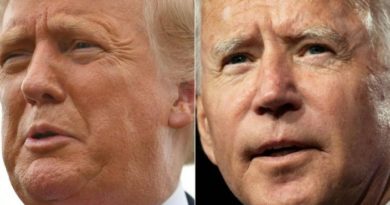ASEANEWS HEADLINE | CAMBODIA: Philippines agency brings Filipinas to Cambodia to be surrogate mums

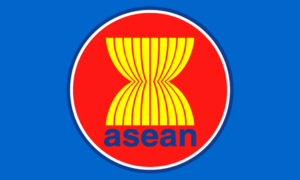

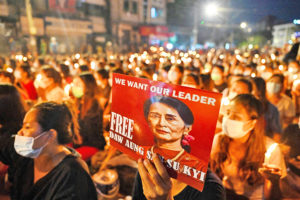
FREE ASEAN –
FREE MYANMAR/CAMBODIA/THAILAND /LAOS
FREE Aung San Suu Kyi
.
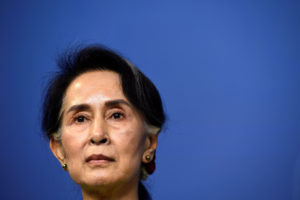
Despite a ban on surrogacy in Cambodia, a Philippines agency has been found to be bringing in Filipinas into the Kingdom to be artificially impregnated to provide babies for an infant-trafficking syndicate. The issue was discussed at a meeting between NCCT Permanent Vice-Chairwoman Chou Bun Eng and the Philippine Ambassador to Cambodia.
On October 3, Philippine Ambassador Flerida Ann Camille P. Mayo met Bun Eng and officials of the National Committee for Counter Trafficking (NCCT) to strengthen Philippines-Cambodia cooperation on anti-human trafficking at Ministry of Interior.
According to NCCT’s Facebook page post, the meeting was held to resolve a case of 20 Filipino women who were present in Cambodia and found to be involved in surrogacy which is banned in the Kingdom.
Bun Eng told Khmer Times yesterday that both sides discussed solutions to surrogacy cases involving Filipino women in Cambodia.
She said that both sides are working together to combat human trafficking and the Philippines promised to cooperate with the investigations into this case.
Bun Eng noted that compared to the past the situation of surrogacy in the Kingdom has been brought under control and the authorities have not found any locals involved in it.
Cambodia has banned surrogacy but there are no formal laws regarding it. A law to formalise the ban is being drafted. Bun Eng said that Ministry of Justice is reviewing the draft to fine-tune it.

.
..
Ads by:
..
“Some points in the draft law, we did not get what we want. We want the draft law to specify punishment for the crime of surrogacy for baby trafficking. The draft law has not yet touched on this point and related officials are working on it,” she said.
According to NCCT’s Facebook page post on October 3, of the 20 Filipino women, seven were identified as immigration offenders and were expelled, because they were not yet pregnant, while 13 were indicted by the Kandal Provincial Court under Articles 13 and 14 of the human trafficking law.
It added that the 13 women confirmed that their pregnancies were arranged by an agency in the Philippines that had contacts with in vitro fertilisation experts in Thailand and sent them to Cambodia with the ultimate goal of trafficking babies.
Ambassador Mayo requested the government to send the women back to the Philippines, promising to help educate them about the law in Cambodia.
Bun Eng said that prohibition of surrogacy must be strengthened or else there will be more women who will continue to commit it for the purpose of baby trafficking which will seriously affect the fight against human trafficking and serious human rights abuses to infants or children.
Therefore, the repatriation of women to the Philippines will be subject to due process and the Philippine side is requested to provide a lawyer to discuss the procedure with the Cambodian prosecutor.
The ambassador expressed her deep gratitude to the Cambodian government for taking care of the hospital stay, providing excellent services to the women and agreeing to deal with the matter appropriately.
The meeting ended in a happy and understanding atmosphere.
On November 4, 2016, AFP reported that Cambodia had become the latest country to issue a ban on commercial surrogacy after curbs on the industry in other parts of the globe sparked a local boom in the unregulated baby business.
The report said that surrogacy agencies started springing up in the Southeast Asian nation after former hubs like Thailand and India blocked foreigners from the services following a flurry of scandals and concerns about exploitation.
With cheap medical costs and no laws excluding gay couples or single parents, Cambodia quickly absorbed much of the demand.
The report noted that a government edict sent to Cambodian fertility clinics had said that surrogacy was now “absolutely banned.”
The proclamation, signed by the health minister, asked all medical professionals to comply with the injunction, though it did not spell out a legal punishment.
The AFP report also noted that Bangkok’s then military government had passed a law banning foreign couples from using Thai women as surrogates last year (2015) after a series of controversies – including tussles over custody – tainted the lucrative industry.
In one controversy, authorities discovered nine babies in a Bangkok apartment that had been fathered by a Japanese man using Thai surrogate mothers.
Sen David / Khmer Times


 Memento Maxima Digital Marketing
Memento Maxima Digital Marketing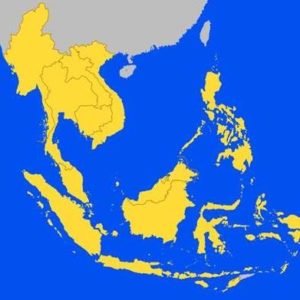 Ads by:
Ads by:









